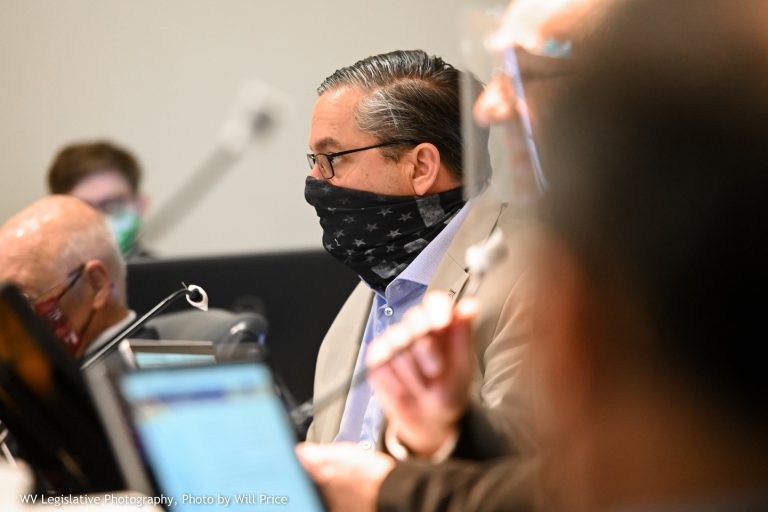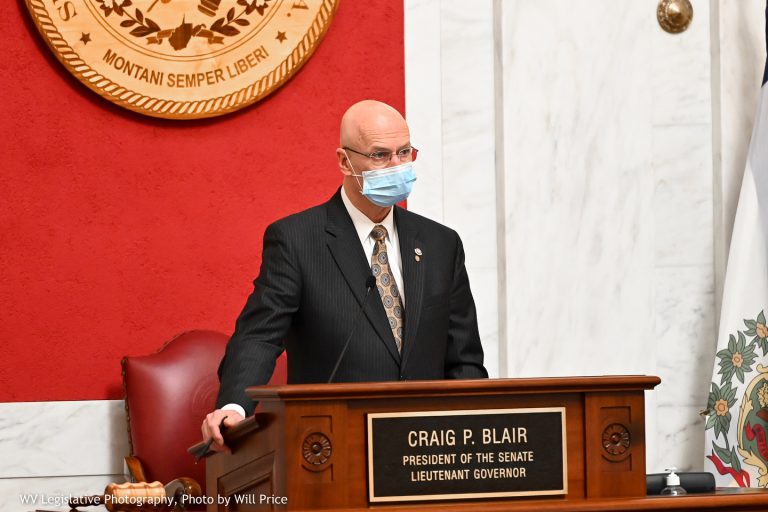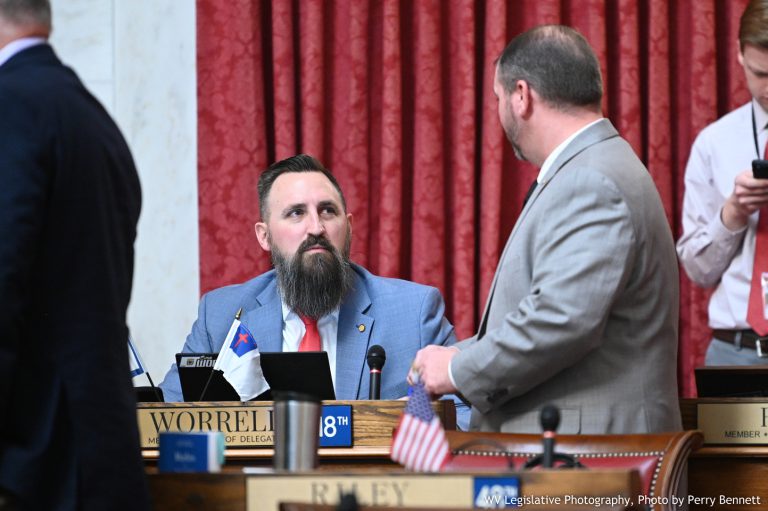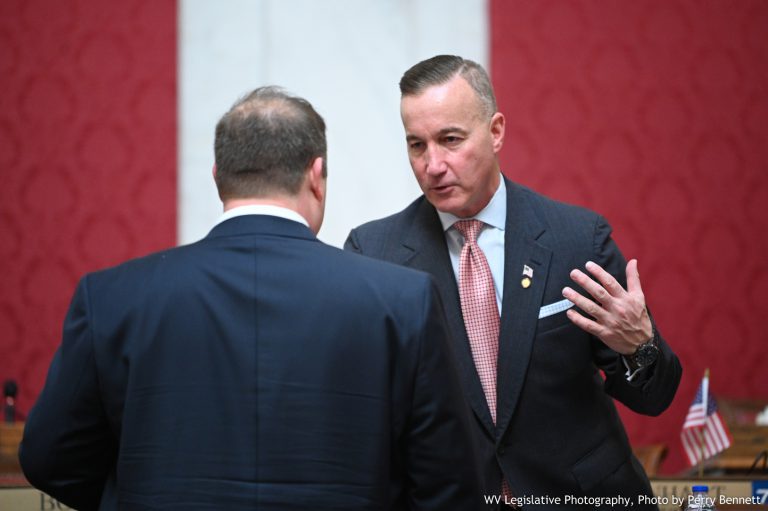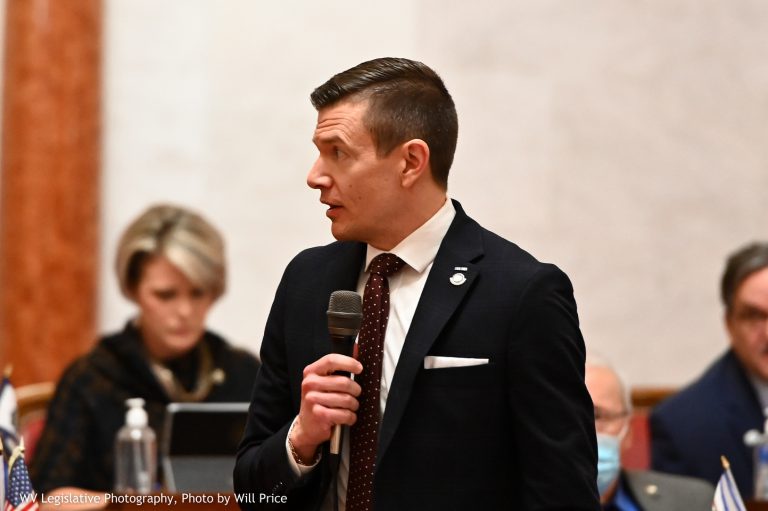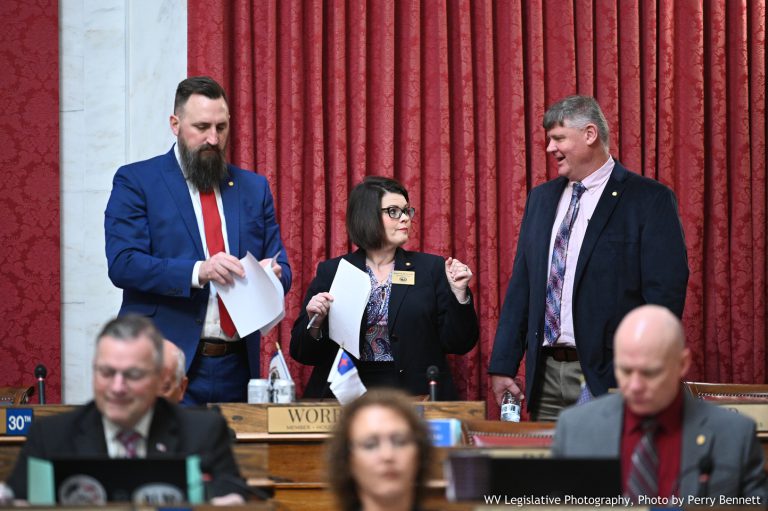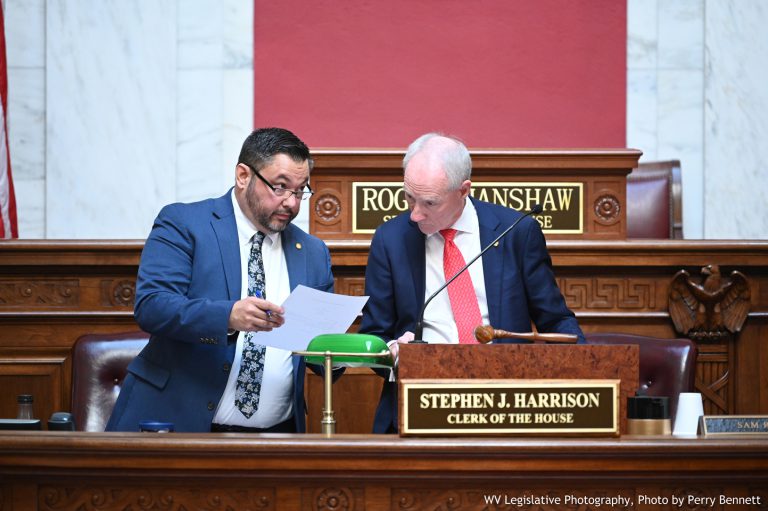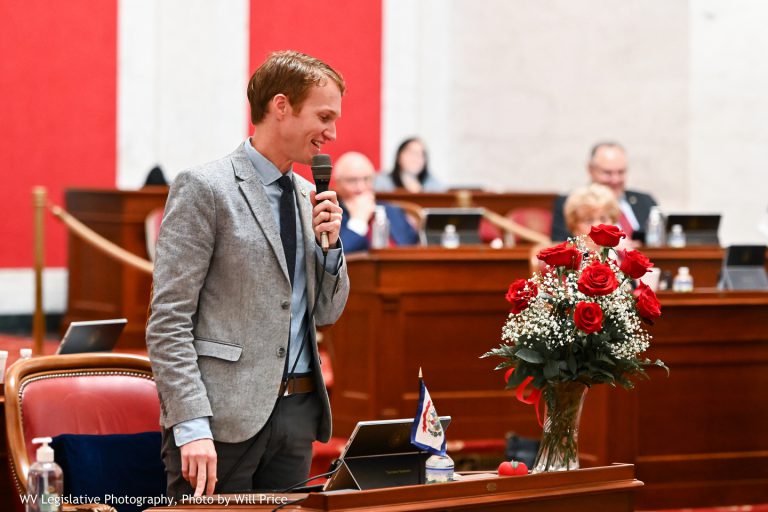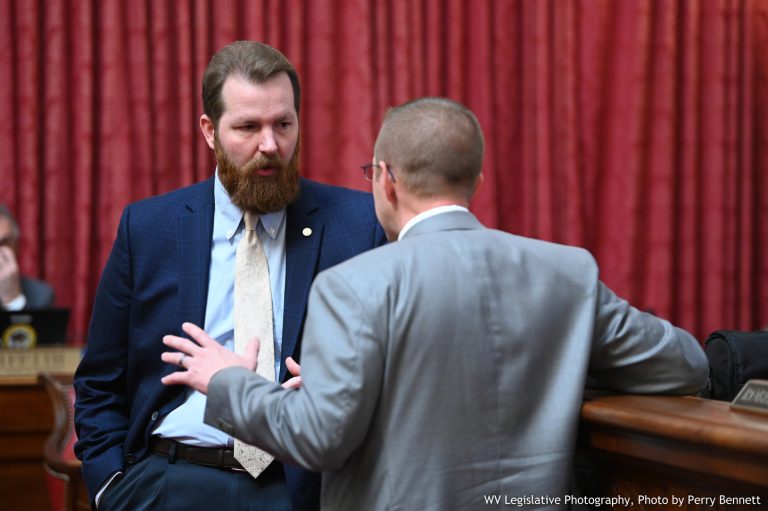The House Committee on Agriculture and Natural Resources met today. A few bills that passed out of the committee:
House Bill 2775 changes the beginning and expiration of hunting and fishing licenses from the last day of the calendar year to the last day of the month in which the licensee was born.
House Bill 4048 clarifies that individuals may have loaded rifles and shotguns in their vehicles unless they are there for the purpose to take wildlife
House Bill 2759 provides a tax credit for 50% of the cost of a lifetime hunting, trapping and fishing license for disabled veterans who have been honorably discharged from the armed services.
Another bill, House Bill 4073 was discussed and will be amended and back on the agenda at another time. The bill currently would award a lifetime hunting and fishing license to all volunteer firefighters upon five years of service.
During the discussion, it was offered to bring the bill more in line with House Bill 2759 and provide a tax credit. It was also offered that Emergency Services personnel be added to the bill. These amendments will take time to craft, and the bill will be on the committee’s agenda again once the amended version is ready to be offered.



